Outlive: The Science & Art of Longevity #BookReview
Medicine 3.0: The Essential Strategy for Mastering Healthspan and Defeating the Four Horsemen
This is The Curious Mind, by Álvaro Muñiz: a newsletter where you will learn about technical topics in an easy way, from decision-making to personal finance.
Charlie Munger once said “All I want to know is where I’m going to die so I’ll never go there”.
When imagining your death, you probably think of a dramatic, sudden event: a deadly car crash or some lethal rare disease. The reality is actually very different. Unless you are a professional base jumper or practitioner of a high-risk activity, you’ll die of a chronic disease of aging.
Today we will explore Outlive: The Science & Art of Longevity, by Dr. Peter Attia: a novel, prevention-based approach to health and lifespan that will change the way you approach your health.
The Four Horsemen & Medicine 3.0
Unless you regularly practice a risky activity, you’ll likely die from one of the four chronic diseases of aging:
Heart disease.
Cancer
Neurodegenerative disease
Type II diabetes (and related metabolic dysfunction).
Attia calls these the four horsemen, in analogy to the four horsemen of the apocalypse. To defeat them, he introduces the concept of medicine 3.0:
Medicine 2.0 (traditional medicine) is the kind of medicine that we are used to. In medicine 2.0, you go to the doctor to receive medication or treatment when something is wrong.
In Medicine 3.0, the focus shifts from intervention to prevention. We want to stop the diseases before they develop. And we want to live better, not just longer.
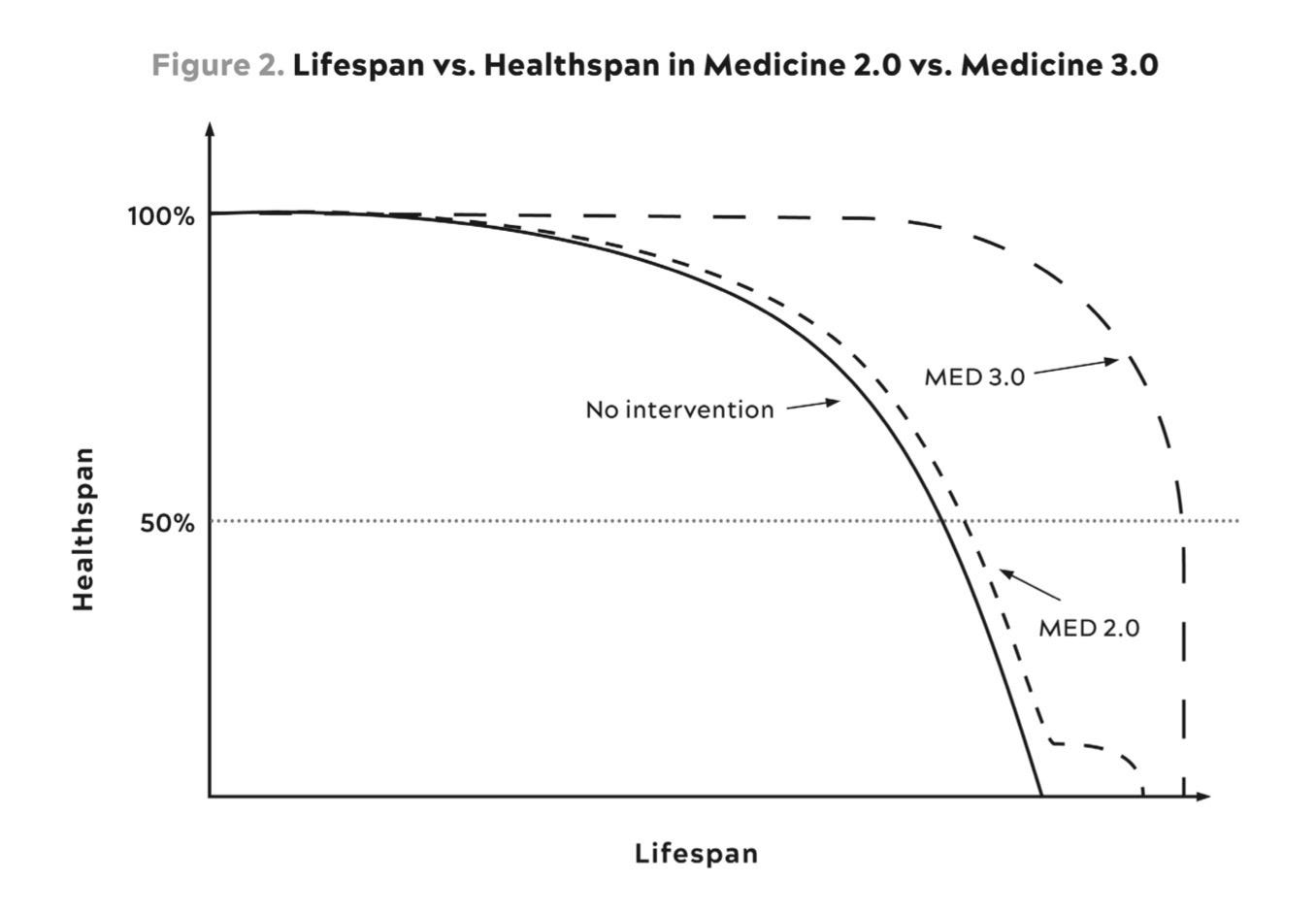
The critical insight?
You are no longer a passive observer. Your life, your hobbies, and your daily choices are the ultimate longevity drug.
We must shift our objective (healthspan and lifespan) into a clear strategy (prevention over cure), and then execute with tactics (Exercise, Nutrition, Sleep, and Emotional Health).
Let’s explore these four tactics.
Exercise: The Most Potent Longevity Drug
Out of all the things you can do to improve your health and lifespan, there is a king: exercise.
No other intervention is nearly as effective as exercise to prolong lifespan and preserve cognitive and physical function.
Regular exercisers live up to a decade longer than sedentary people. And not just longer, but also better.
To maximize these benefits, you must master four main categories of fitness:
1. Aerobic Endurance and Efficiency (Zone 2)
Zone 2 cardio is steady-state training that builds mitochondria’s health. It teaches your body to utilize fat as fuel more efficiently, which is key for metabolic health and cognition.
What is it? Effort where you can just hold a conversation (light jog, uphill hike).
How much? Aim for about 3 hours per week.
2. Maximum Aerobic Output (VO2 Max)
This is about short, high-intensity efforts that push your body’s maximum rate of oxygen consumption.
Your VO2 max is the single most powerful marker of longevity.
What is it? VO2 max training involves intense intervals, like 4 minutes as fast as you can followed by 4 minutes of full rest.
How much? You really don’t need a lot: 1 session per week is sufficient.
VO2 max naturally declines with age, but you have a lot of power to slow it down.
3. Strength
The longevity benefit of lifting is the retention of functional strength.
We lose strength 2-3 times faster than muscle mass. A surprising predictor of overall health is your grip strength.
A good place to start: achieve the farmer’s walk—carrying roughly half your body weight in each hand for one minute.
4. Stability
The most critical factor for sustaining a long healthspan is avoiding injury.
Stability training ensures that the force you generate is transmitted through muscles and bones, not dispersed along fragile joints.
The Goal: Build a body that can withstand the stress of an active life, often beginning with conscious breath work and core control.
Nutrition: Getting Your Metabolic House in Order
The first step in delaying death is to get your metabolic house in order. This is where diet and insulin play a crucial role.
The Nature of Metabolic Syndrome
Nearly half the US population is metabolically unhealthy or on track to be.
Metabolic syndrome is defined by meeting three or more of five risk factors, including high blood pressure, high triglycerides, and elevated fasting glucose.1
When you are metabolically healthy, extra calories (like that cookie) are stored in your subcutaneous fat (the fat under the skin). But once those fat cells are full, and you keep eating and don’t move, the fat spills over. It ends up in your muscles, in your liver (NAFLD—Non-Alcoholic Fatty Liver Disease), and in your visceral fat (the dangerous fat wrapped around your organs).
This process—driven by insulin resistance—is the common thread linking Type 2 diabetes, heart disease, and even Alzheimer’s.
Protein is Your Building Block
The most common mistake is undershooting protein.
Standard recommendations (around 0.8 g/kg/day) are a joke; muscle loss has been observed at this rate. You need significantly more, especially as you age.
Aim for 1.6 g/kg/day minimum, and optimally closer to 2.2 g/kg/day of body weight.
Basic Rules of Nutrition
When it comes nutrition, there is very little we know with certainty. However, there are som well established rules that we should try adhering to:
Calorie intake: eat just enough calories (not too many, not too little).
Eat enough protein and essential fats
Eat a diet rich in minerals and vitamins
Avoid pathogens and toxins (mercury, led…)
Nutrition is a really complicated topic, and you can hear very opposing views (keto is best! No, it’s fasting! You should eat curcumin!). However, Attia emphasizes to stop overthinking nutrition so much and get exercise instead.
Sleep: The Best Brain Medicine
We often wear chronic sleep deprivation as a badge of honor (”I only need five hours!”). This is dangerous bullshit. People who are sleep-deprived underestimate the effect because their baseline has reset to a suboptimal state.
Sleep deprivation is horrible for insulin resistance. The evidence is crystal clear.
Quantity: Target 7.5−8.5 hours. Both too little and too much are problematic.
Quality: Poor sleep puts your body in a state of alert, increasing blood pressure and heart rate. It literally increases your risk of a heart attack.
Sleep is when the brain gets its cleaning crew:
Deep sleep clears short-term memory and selects what to store.
REM sleep is crucial for problem-solving, creativity, and processing emotions.
If you want to prevent neurodegenerative diseases, good sleep in middle age (40s to 60s) is non-negotiable.
The Golden Rule: Fix your wake-up time and don’t deviate, not even on weekends. Budget for at least 8 hours in bed every night.
Some tips for better sleep
Rule out problems like sleep apnea.
Take care of your environment: keep your room completely dark and cool (about 18°C).
Limit alcohol.
Stop caffeine at least 6-8 hours before bed.
Mentally prepare for sleep (be relaxed: no email, social media or news before bed).
No food 3h before going to bed.
Emotional Health: Why Does Any of This Matter?
The final, and perhaps most philosophical, vector of health is emotional health.
Longevity is meaningless if your life or your relationships suck.
Attia points out that an unhappy life is simply waiting for death. Living or feeling alone is strongly linked to a higher risk of mortality.
Your physical health plan must be twinned with an emotional strategy that helps you deal with past trauma, build functional relationships, and cultivate mindfulness—the ability to detach yourself from your immediate emotions, creating a gap between stimulus and response.
People get old when they stop thinking about the future. If you want to know someone’s true age, don’t look at their skin—listen to them. If they talk about their dreams, aspirations, and what they are looking forward to, they are young. If they only talk about the past, they’re old.
The Good News: It’s In Your Hands
Genes play a huge role in determining your health and life span, and there is nothing that we can do to change them. But our behaviours can bridge the gap.
Can we, through our behaviors, rip the same benefits that centenarians get for free?
The answer is yes.
In Case You Missed It
Obesity is only one of the five. You can be “skinny-fat” and metabolically broken.


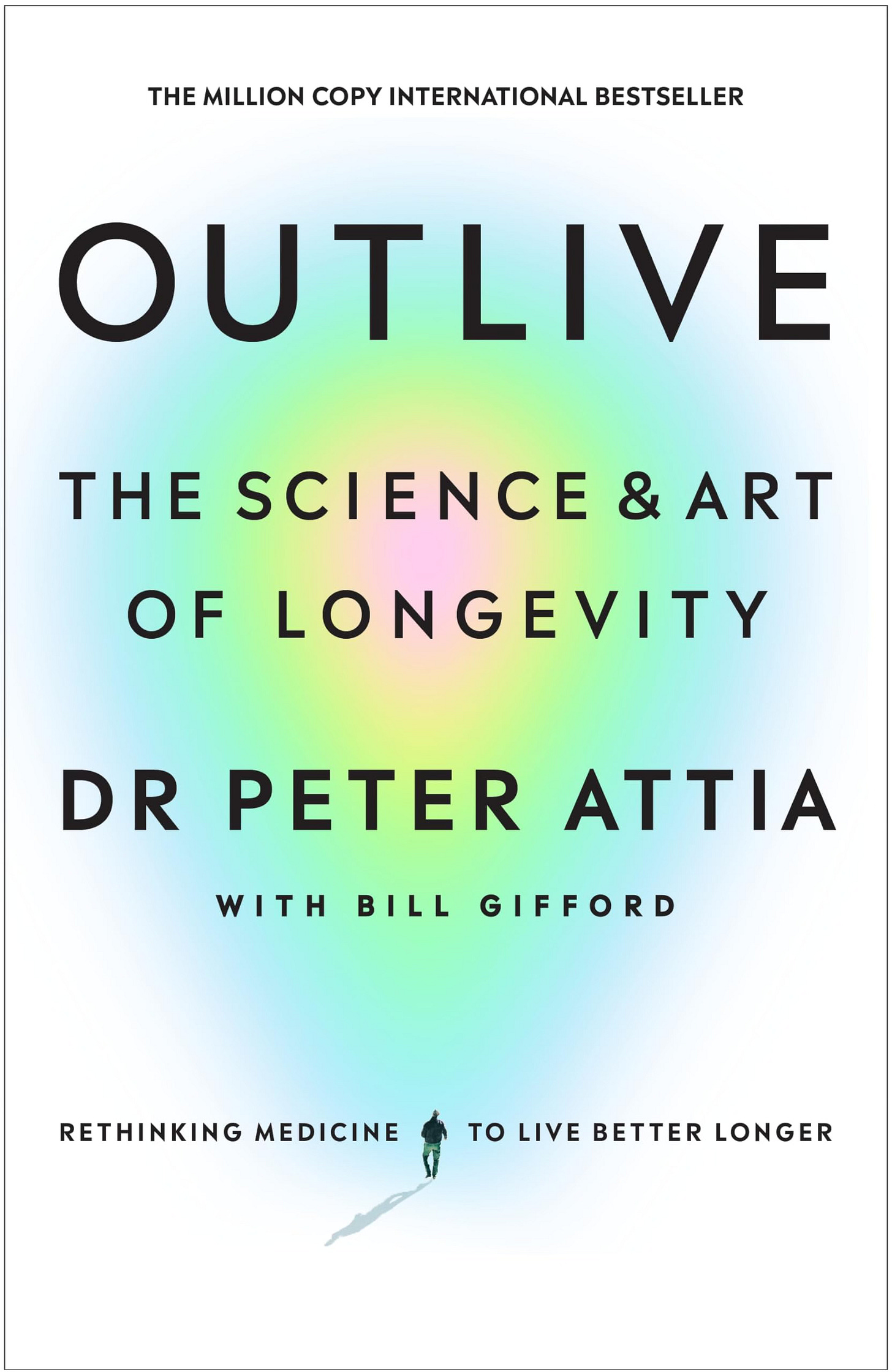
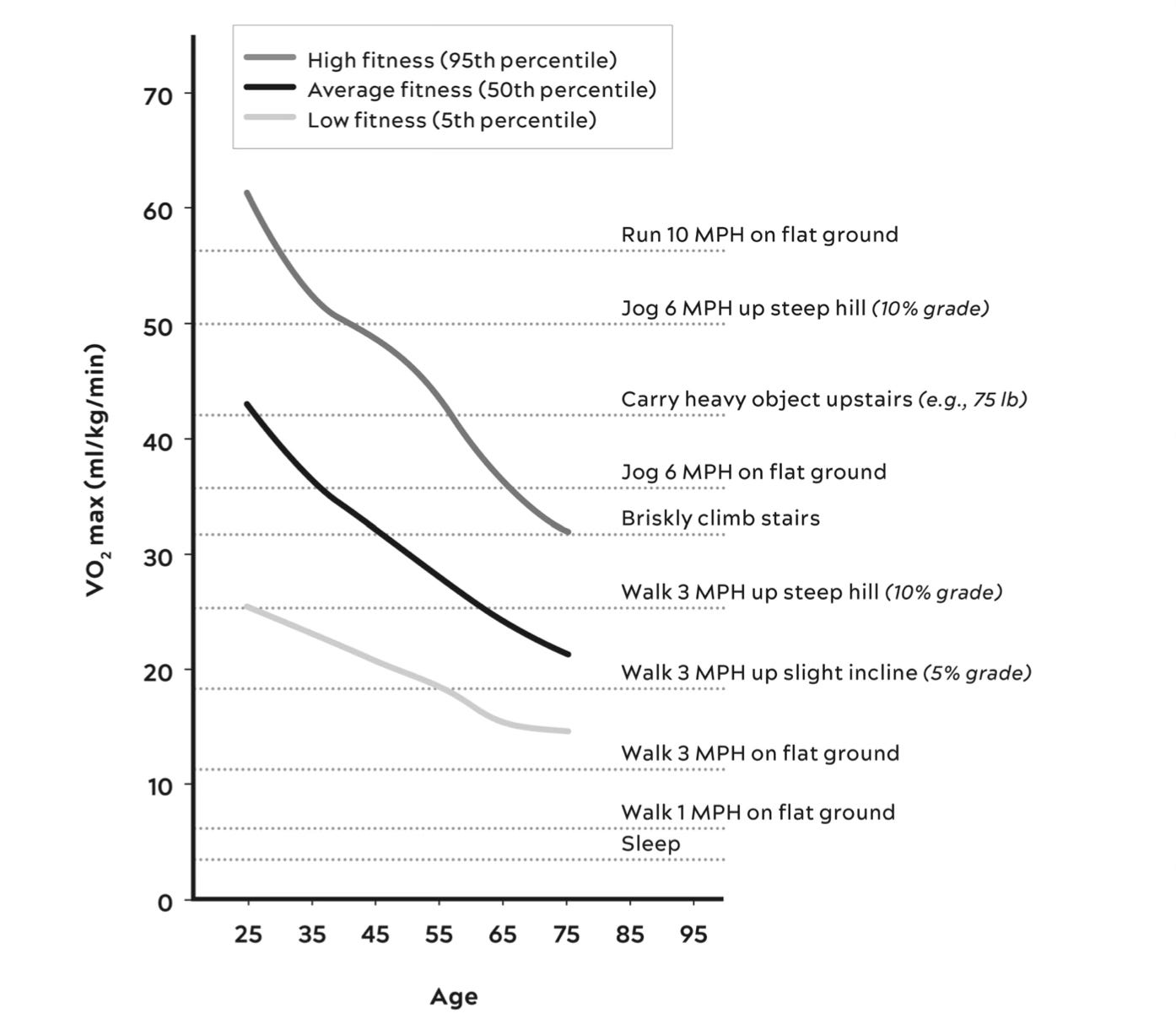



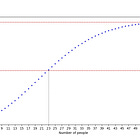
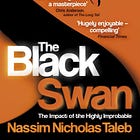
Cuando entendemos que apuntar hacia la longevidad mejora nuestra vida hoy se vuelve mucho más atractivo.
Gran trabajo de síntesis en un tema interesante. Bravo!
Very interesting. You made me want to read this book! Before reading this, I would have said sleep is more important than exercise... Also, loved the definition of young vs old based in your dreams and aspirations!